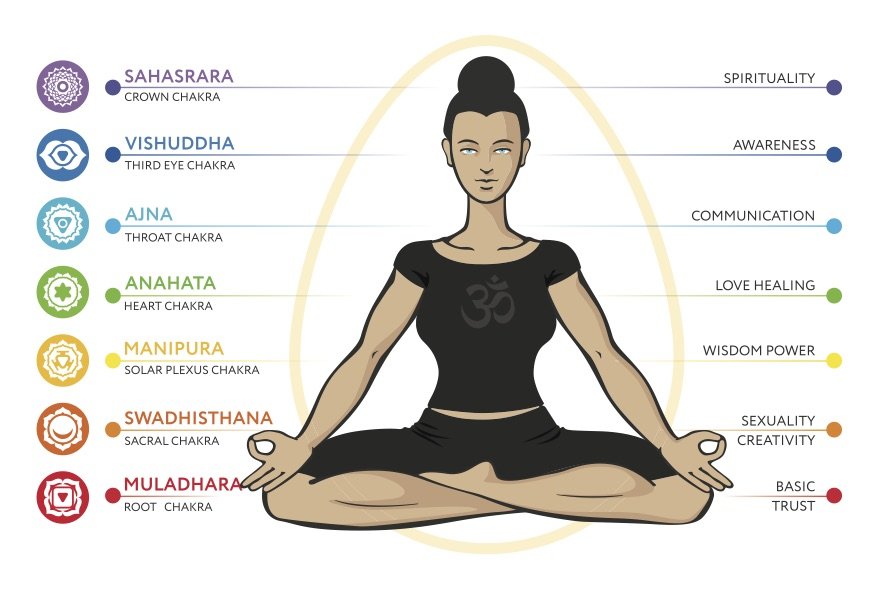Meditation is a practice that entails focusing your thoughts and eliminating the stream of thoughts that might be crowding your mind and causing stress. This process results in a state of mental readability and emotional calmness.
Here are the necessary thing elements of what meditation is all about:
**1. ** Focus ed Attention: Meditation typically entails focusing your attention on a specific object, sound, breath, or mantra. This focus helps to anchor your thoughts and prevent it from wandering.
**2. **Mindfulness: Meditation typically incorporates mindfulness, which is the practice of being absolutely present and conscious of your thoughts, feelings, sensations, and surroundings without judgment. It includes observing your ideas and feelings as they arise with out getting hooked up to them.
**3. **Relaxation: While not the first aim of meditation, relaxation is a standard end result. As you focus your mind and release pressure, your physique tends to loosen up, leading to a sense of calmness and peace.
**4. **Stress Reduction: Regular meditation follow has been proven to scale back stress by decreasing the manufacturing of stress hormones and promoting a relaxation response in the physique.
**5. **Emotional Well-Being: Meditation can enhance emotional well-being by selling optimistic feelings, reducing signs of anxiety and depression, and enhancing overall temper.
**6. **Increased Awareness: Through meditation, you become more aware of your thought patterns, habits, and reactions. This self-awareness can result in private development and a greater understanding of your self.
**7. **Improved Concentration: Meditation trains your mind to focus, which can lead to improved focus and mental clarity. This enhanced focus can have a constructive impression on numerous aspects of your life, including work and research.
**8. **Mind-Body Connection: Meditation emphasizes the connection between the mind and the body. It promotes holistic well-being by recognizing the interaction between psychological and bodily well being.
**9. **Spiritual Growth: For many individuals, meditation is a non secular practice. It can foster a way of reference to one thing larger than oneself and promote non secular progress and insight.

**10. **Non-Judgmental Awareness: In meditation, there's an emphasis on observing thoughts and feelings without judgment. This non-judgmental awareness can lead to higher self-acceptance and self-compassion.
**11. **Cultivation of Positive Qualities: Certain meditation practices, corresponding to loving-kindness meditation, focus on cultivating optimistic qualities like compassion, love, and gratitude. These practices can enhance your relationships and overall sense of well-being.
It's essential to note that meditation is a ability that requires practice and endurance. Regular follow, even for a couple of minutes a day, can result in vital advantages over time. People meditate for numerous causes, and there are quite a few meditation techniques, each with its unique focus and goals. The essence of meditation lies in the current second awareness, self-reflection, and the cultivation of a peaceful and calm mind-set..
